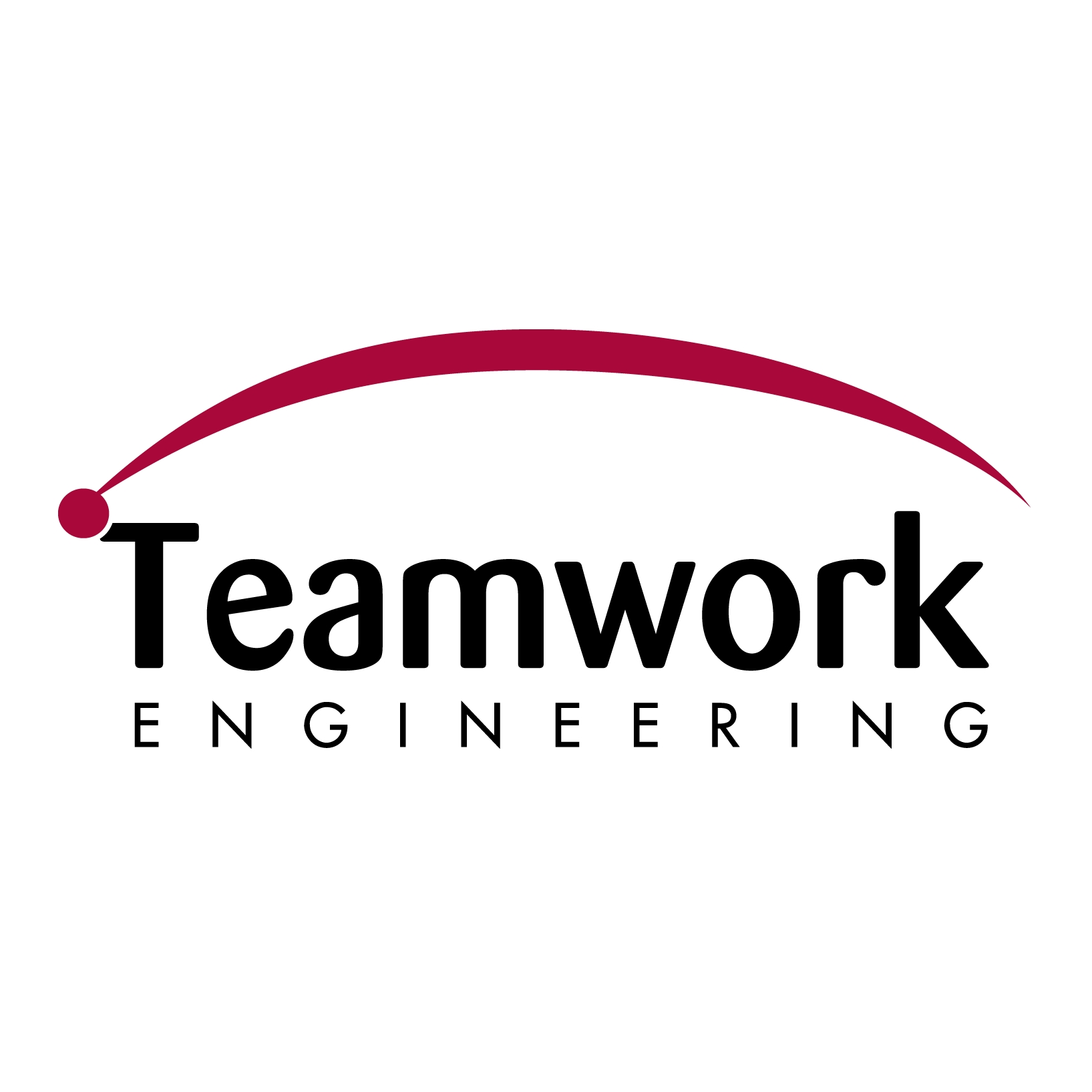Project management: key to successful industrial operations
Project management is the backbone of any successful industrial operation. It provides a structured approach to planning, executing, and finalizing projects within a specified timeframe and budget. Effective project management ensures that industrial projects meet their objectives, which can range from launching new products to upgrading facilities or implementing new technologies.
The industrial sector faces a myriad of challenges, from regulatory compliance and safety standards to the need for high precision and efficiency. Project managers in this field must navigate these complexities while driving projects to completion.
Core Components of Effective Project Management
Clearly defining the scope and objectives at the outset of a project is crucial. This sets the stage for all subsequent planning and execution, ensuring that everyone involved understands the project's goals and limitations.
Industrial operations often involve significant resources, from manpower to machinery and materials. Effective project management includes meticulous resource planning to ensure that these are used efficiently and effectively.
Identifying potential risks and developing mitigation strategies is a key aspect of project management. This proactive approach helps to minimize disruptions and keep the project on track.
Keeping all stakeholders informed and engaged is essential for project success. This includes regular updates and the ability to adapt to feedback and changing conditions.
Quality control is non-negotiable in industrial operations. Project management must incorporate systems to maintain the highest quality standards throughout the project lifecycle.
Project Management Methodologies for Industrial Operations
Traditional project management methodologies, such as Waterfall, are often suited to industrial projects with well-defined stages and deliverables.
While Agile is typically associated with software development, its principles of flexibility and iterative progress can be applied to industrial operations, particularly in projects where requirements are expected to evolve.
Lean project management focuses on value creation while minimizing waste. This approach is particularly effective in streamlining processes and improving efficiency in industrial settings.
Integrating Technology in Project Management
Advanced project management software can greatly enhance the planning, tracking, and execution of industrial projects. These tools facilitate collaboration and provide real-time insights into project progress.
Data analytics enables project managers to make informed decisions based on historical data and predictive models, leading to better outcomes and more efficient use of resources.
Automation and artificial intelligence are revolutionizing project management by automating routine tasks and providing advanced problem-solving capabilities.
Developing a Skilled Project Management Team
Investing in training and certification for project managers is essential to ensure they have the skills and knowledge required to lead successful projects.
Experience is invaluable in project management, but it must be coupled with a commitment to continuous learning to keep up with evolving industry standards and technologies.
Creating a culture that values collaboration and holds team members accountable is fundamental to the success of any project management endeavor.






Comments (0)